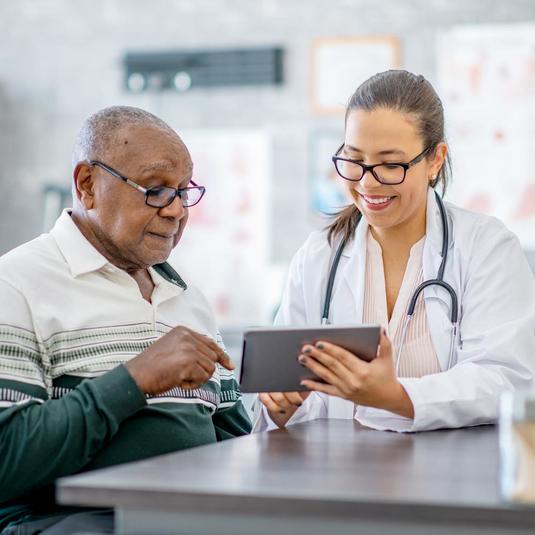Advancing Treatments, Saving Lives
Have you ever wondered what clinical research involves or how it could impact your health? Maybe your medical team has mentioned a study or you’ve seen an ad for one. Clinical research is key to addressing health challenges and discovering new ways to improve care. At the LifeBridge Health Department of Research, we support innovative studies to develop better treatments and enhance health outcomes for the communities we serve.
Whether you’re curious about participating or simply want to understand more, we’re here to answer your questions and provide support. Together, we can create a healthier future.



